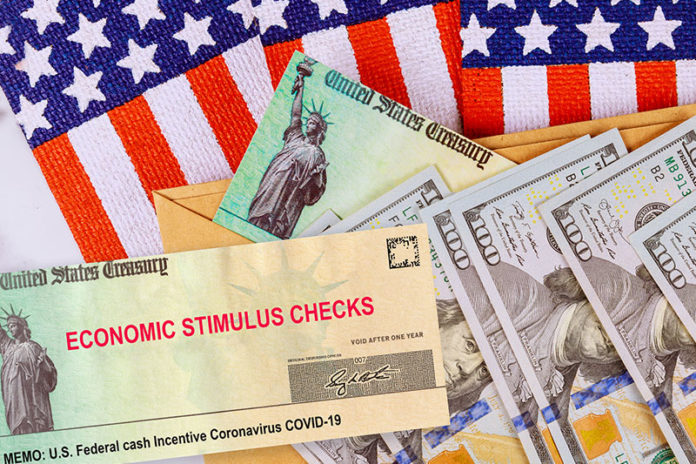The economic collapse precipitated by the coronavirus pandemic has been a disaster for a multitude of individuals and companies, and the federal government has wisely showered them with money to offset their losses. But the downturn has also been a disaster for states, which don’t get the same love in Washington.
When the House passed a $3 trillion relief bill with $1 trillion for state, local and tribal governments, only one Republican voted yes. President Donald Trump has threatened to veto the measure in the unlikely event that it gets through the Senate.
The opponents argue that states have fiscal woes because they have been irresponsible. Sen. Rick Scott, R-Fla., said that a federal relief package would mean “bailing out liberal politicians who cannot live within their means.”
Senate Republican Leader Mitch McConnell of Kentucky suggested that states with big budget gaps consider bankruptcy. Trump claimed, “It’s not fair to the Republicans because all the states that need help, they’re run by Democrats in every case” — which is not true.
Scott may have forgotten all the times that taxpayers far from the Atlantic Ocean have bailed out Floridians in the aftermath of hurricanes. Blue states, by the way, generally pay more in federal taxes than they get back, with the excess going to — can you guess? — red states.
It’s a bit confounding to hear sermons about frugality from federal policymakers, who more than doubled the federal debt between 2008 and 2019 — and then approved measures that were expected to generate trillions in additional deficits. States are constrained on spending because most are required to balance their budgets. The federal government is not.
This crisis has walloped state and local governments like a Category 5 storm. It has decimated revenue collections from sales, income and excise taxes, because companies have lost customers and workers have lost income.
A Scrooge would say that when your income declines, you should simply reduce your spending to match. But that’s not a sensible option for states, because the demands on them have grown so drastically.
They face higher costs for Medicaid and public health programs, as well as the expense of protective equipment, ventilators and tests. They have to spend more on unemployment insurance and food assistance for people who have lost jobs.
State and local governments could lay off public employees, but most of those perform tasks that are helpful at the moment. Who should be furloughed: Employees who process unemployment applications? Those who administer Medicaid payments? Police? Firefighters?
There’s also something cockeyed about trying to save money by sacking public employees who would then qualify for unemployment insurance, food stamps and even Medicaid. They would continue to cost the states money, but they would no longer do their jobs.
Federal Reserve Chairman Jerome Powell noted Tuesday the dangers of austerity during a recession. “We have the evidence of the global financial crisis and the years afterward, where state and local government layoffs and lack of hiring did weigh on growth,” he told a Senate committee.
Brookings Institution scholar Mark Muro writes, “Only massive federal aid to states and localities — to the tune of $700 billion to $1 trillion over the next 18 months — will be sufficient to blunt the coming service cuts and layoffs as well as keep regional fiscal contractions from deepening the crisis and slowing the recovery.”
Republicans worry that any aid could be diverted to cover pension liabilities. Illinois Senate President Don Harmon, a Democrat, asked the federal government for $10 billion to shore up the state’s underfunded retirement system. His proposal, however, went nowhere.
The fact that improvident states would love Washington to make up for their mistakes doesn’t mean it should deny help for problems they didn’t create. Sen. Mitt Romney, R-Utah, tried to awaken his colleagues with a chart titled, “Blue states aren’t the only ones who are screwed.” Of the eight states facing the biggest funding shortfalls, six voted for Trump and have legislatures controlled by the GOP.
It shouldn’t be hard for Congress to devise a formula that channels funds to states according to the relative severity of the pandemic and its economic fallout. The point is not to reward or punish states for their past fiscal practices. It’s to alleviate the damage, giving more help to the states that have suffered the most.
A national catastrophe is not the time for Washington to treat some states and cities as though they deserve to suffer. It’s a time for it to join with every state against a common foe.





























